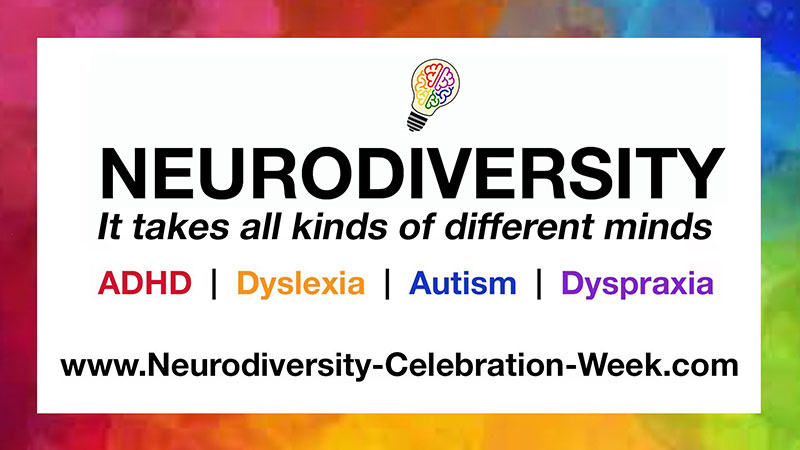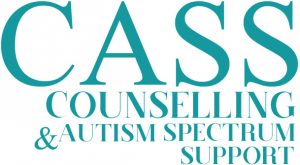‘We need to concede that there is no standard brain,’ composed Thomas Armstrong in his vital work The Power of Neurodiversity. For sure, neurodiversity alludes to the limitless scope of contrasts in an individual’s brain functions and behaviours. As Armstrong brings up, people, in general, utilise a positive language while examining social variety or biodiversity rather than neurodiversity. Negative and medicalised language has ruled the dictionary, witness the very terms ‘autism spectrum’ and the two-fold negative in ADHD.
The New Paradigm of Neurodiversity:
What’s known as the neurodiversity paradigm has helped rethink how neurodivergence is perceived and discussed. It features nomad qualities and their challenges. Besides, it perceives the important variety within an explicitly perceived demographic, such as dyspraxia or autism, and introduces neurodiversity as a natural type of human variety. The advancement of changing cultural understanding and point of view has been moderate.
For neurodiversity to thrive, individuals need to quit focusing just on what they can’t do and start to see, nurture, appreciate, and respect the numerous qualities and abilities they possess. It is essential to see the creativity, development, and capacity to consider new ideas, critical thinking, unique experiences and viewpoints, and the persistence and versatility of neurodiverse individuals.
Employers of the Tech organisations Google, Microsoft, and Apple, effectively enlist neurodiverse people. Also, financial organisations effectively enlist neurodiverse individuals in their company, such as Goldman Sachs who, in April 2019 declared that they are recruiting people with neurodiverse traits.
The Influence of Diversity in the Society:
The word ‘Diversity’ signifies ‘incorporation.’ Diversity implies a scope of various things that envelops acknowledgment, regard for singular contrasts that guarantee that these individuals are completely included, that they have a place. Therefore, it implies that the distinct thoughts should not be a boundary that prevents them from accomplishing the latent ability, adding to society, given similar rights and insurances under the law as is every other person.
The Neurodiversity Celebration Week:
More than 270 schools and 277,000 students from the United Kingdom, Australia, Colombia, South Africa, Qatar, and the United States partook in the first-historically speaking Neurodiversity Celebration Week, which lasted from May 13th to May 17th, 2019. The campaign was supported by 22 significant charities and associations, including the ADHD Foundation, Anna Kennedy Online, the British Dyslexia Association, and the Dyspraxia Foundation.
Neurodiversity Celebration Week will change how we consider neurodevelopmental conditions. The Celebration gives schools a chance to feature and present their special students’ abilities and neurodivergent local area, many of whom associate their prosperity to their exceptional method of seeing and communicating with the world. During the seven days schools will focus on featuring the commitments of individuals who think in a different way. Guest speakers will also give their perspective on their learning distinction as a “superpower,” which will be the turning point in their profession.
This time the Neurodiversity Celebration Week falls between the 15th and 21st of March, 2021. There will be positive neurodiversity banners and displays, and charts around schools featuring individuals’ achievements.
The importance of Celebration:
It’s essential to empower and motivate the students with special instructive necessities by remembering their qualities. Moreover, it also encourages them to have ambitions and expectations, and dreams, much the same as every other person, notwithstanding their challenges. The ideal approach to achieve this is to challenge the stigma and perception related to neurological conditions and address the generalisations and misinterpretations individuals have about autism, dyslexia, dyspraxia, ADHD, and other neurological conditions.
Conclusion:
Understanding neurodiversity implies perceiving and regarding these distinctions much the same as we notice contrasts in hair, eye, or skin tone. However, regard and respect each other similarly. It also all implies that neurodiversity carries advantages that can bring about a tremendous change in the world.
References:
Armstrong, T. (n.d.). Neurodiversity. Retrieved January 10, 2021, from https://www.institute4learning.com/resources/articles/neurodiversity/
Castellon, S., & Sinclair, J. (2020, November 01). Neurodiversity Celebration Week: What is it and why should YOU support it? Retrieved January 13, 2021, from https://autisticandunapologetic.com/2019/05/11/what-is-neurodiversity-celebration-week/
Foundation, A. (2020). Home. Retrieved January 13, 2021, from https://www.adhdfoundation.org.uk/2019/05/07/neurodiversity-celebration-week-2020/
Gifford, B. (2019, May 08). What Is Neurodiversity Celebration Week? Retrieved January 13, 2021, from https://happiful.com/what-is-neurodiversity-celebration-week/
Neurodiversity at work: It takes all kinds of minds. (2020, December 07). Retrieved January 13, 2021, from https://www.bbc.co.uk/bitesize/articles/zn9k92p
Neurodiversity Celebration Week – Pledge. (2020). Retrieved January 13, 2021, from https://www.neurodiversity-celebration-week.com/
Neurodiversity Celebration Week 2021. (2021). Retrieved January 12, 2021, from https://www.awarenessdays.com/awareness-days-calendar/neurodiversity-celebration-week-2021/
Neurodiversity Celebration Week. (2020, March 15). Retrieved January 13, 2021, from https://autcollab.org/projects/neurodiversity-celebration-week/


